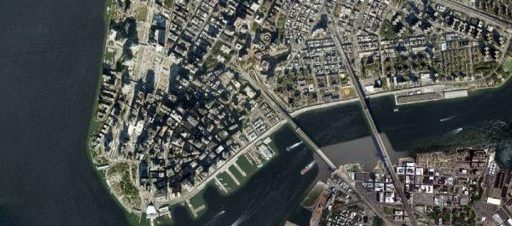Musharraf Pledges Crackdown on Extremists
Having found appeasing the radical elements has not succeeded in strengthening his position, Pakistani dictator Pervez Musharraf has now pledged to crack down on them.
President Pervez Musharraf pledged to combat Muslim extremists across Pakistan yesterday as furious crowds demonstrated against the storming of the Red Mosque and two suicide bomb attacks left six dead. In a televised address to the nation, Gen Musharraf said that those inside the mosque and its adjacent madrassa, or Muslim college, were “terrorists” who directly threatened Pakistan’s security. They had also tarnished Islam’s reputation as a tolerant and peaceful religion.
“What do we as a nation want?” he asked. “What kind of Islam do these people represent? In the garb of Islamic teaching they have been training for terrorism. They prepared the madrassa as a fortress for war and housed other terrorists in there.”
[…]
Yet the unrest has not spread beyond known centres of extremism nor have the demonstrations grown strong enough to threaten Gen Musharraf’s grip on power. Moderate Pakistanis generally support his decision to crush the fundamentalists who had taken control of the mosque in the centre of the capital, Islamabad.
[…]
By ordering the army to clear the mosque, Gen Musharraf succeeded in distracting attention away from his domestic troubles, notably his immensely unpopular attempt to sack the Chief Justice, Mohammed Iftikhar Chaudhry. ”He has reconnected with the moderate constituency,” said Dr Vernon Hewitt, an expert in Pakistan at Bristol University. But that constituency is a great deal weaker than it was seven or eight years ago.” Dr Hewitt said many Pakistanis would view the storming of the mosque as further evidence that Gen Musharraf acts on American orders.
[…]
Dr Hewitt said Gen Musharraf was reaching “end game” and predicted that he would be forced from office by the autumn. To avoid this possibility, Gen Musharraf is under pressure to ally with secular political forces, notably the Pakistan People’s Party, led by the former prime minister, Benazir Bhutto. By drawing moderate civilians into his government, he could weaken the appeal of the extremists.
What will be interesting is to see whether the extremists he goes after will finally include the al Qaeda contingent in North Waziristan. For that matter, if he would simply unleash American forces in that area, it would be a great boon.
My guess is that Hewitt is right and this will be too little, too late.





I wonder if those radical elements Musharraf’s planning on purging would include the ISID, his own intelligence organization, which is the primary backer of the Taliban.
Going after an extremist population in your own country is one thing, allowing a foreign power to attack your people (even those you’re attacking) on your land is quite another. I don’t think anything would make Musharraf look weaker or more like a US tool than allowing US forces to cross his border.
I’m sure he’ll get around to that just as soon as the US purges the Iraqi Kurds who are supporting terrorists in Turkey.
The next time Pakistan needs to do a nuclear test, they can go above ground, in the NWP. Multi-tasking at its finest.
Haven’t both Pakistan and India signed the Test Ban treaty?